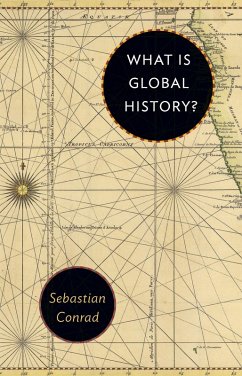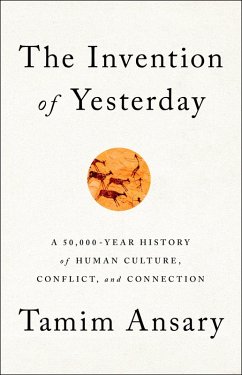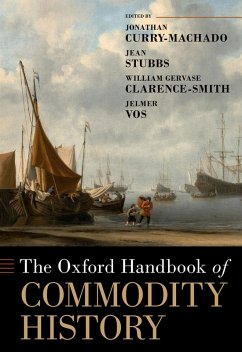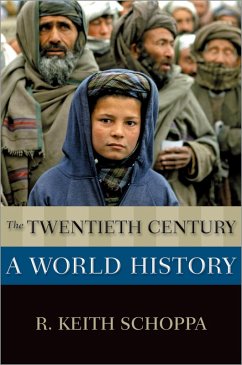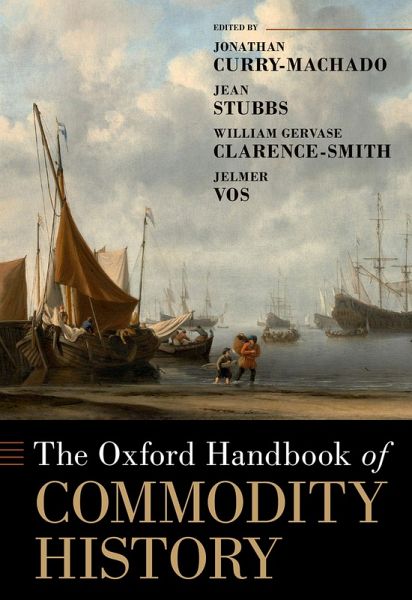
The Oxford Handbook of Commodity History (eBook, ePUB)
Versandkostenfrei!
Sofort per Download lieferbar
86,95 €
inkl. MwSt.
Weitere Ausgaben:

PAYBACK Punkte
43 °P sammeln!
Commodities provide a lens through which local and global histories can be understood and written. The study of commodity history follows these goods as they make their way from land and water through processing and trade to eventual consumption. It is a fast-developing field with collaborative, comparative, and interdisciplinary research, and with new information technologies becoming increasingly important. Although many individual researchers continue to focus on particular commodities and regions, they often do so in partnership with others working on different areas and employing a range ...
Commodities provide a lens through which local and global histories can be understood and written. The study of commodity history follows these goods as they make their way from land and water through processing and trade to eventual consumption. It is a fast-developing field with collaborative, comparative, and interdisciplinary research, and with new information technologies becoming increasingly important. Although many individual researchers continue to focus on particular commodities and regions, they often do so in partnership with others working on different areas and employing a range of theoretical and methodological approaches, placing commodities history at the forefront of local and global historical analysis. This Oxford Handbook features contributions from scholars involved in these developments across a range of countries and linguistic regions. They discuss the state of the art in their fields, draw on their own work, and signal lacunae for future research. Each of the volume's thirty-one chapters focuses on an important thematic area within commodities history: essential approaches, global histories, modes of production, people and land, environmental impact, consumption, and new methodologies. The Oxford Handbook of Commodity History offers insight into the directions in which commodity history is heading, and the multiple ways in which it can contribute to a better understanding of the world.
Dieser Download kann aus rechtlichen Gründen nur mit Rechnungsadresse in A, B, BG, CY, CZ, D, DK, EW, E, FIN, F, GR, HR, H, IRL, I, LT, L, LR, M, NL, PL, P, R, S, SLO, SK ausgeliefert werden.




